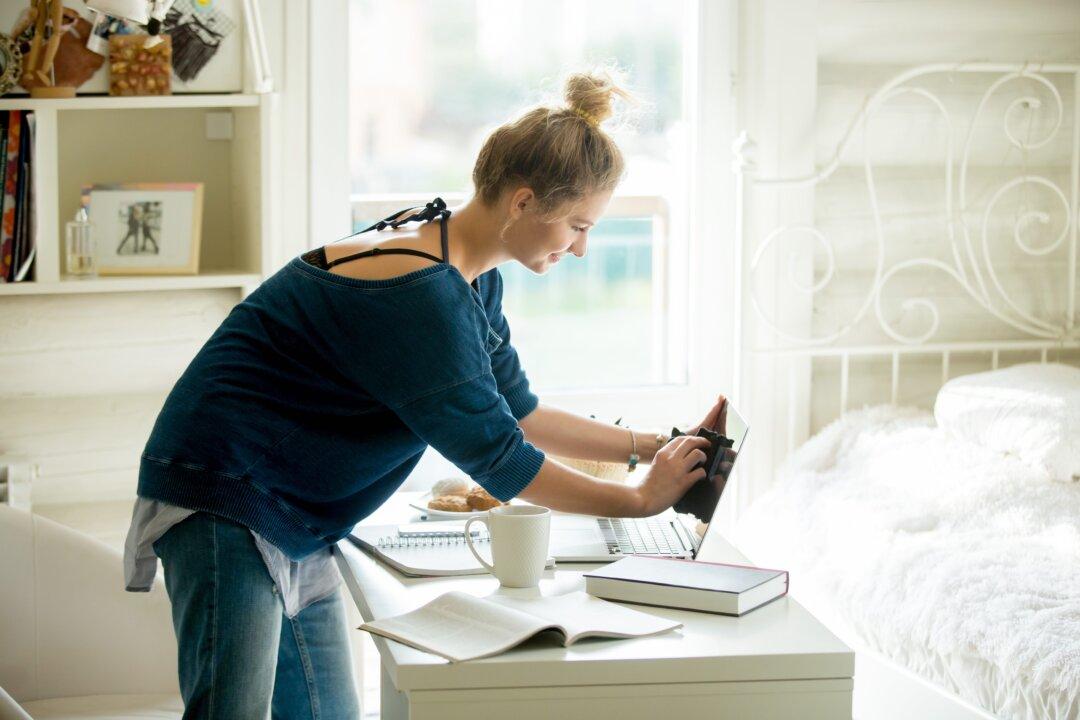If you had told Sophie Westlake this time last year that she would soon create a disinfectant to battle a virus causing a global pandemic, she would have “keeled over in laughter”.
But 2020 was as full of surprises for Westlake as for anyone.

If you had told Sophie Westlake this time last year that she would soon create a disinfectant to battle a virus causing a global pandemic, she would have “keeled over in laughter”.
But 2020 was as full of surprises for Westlake as for anyone.